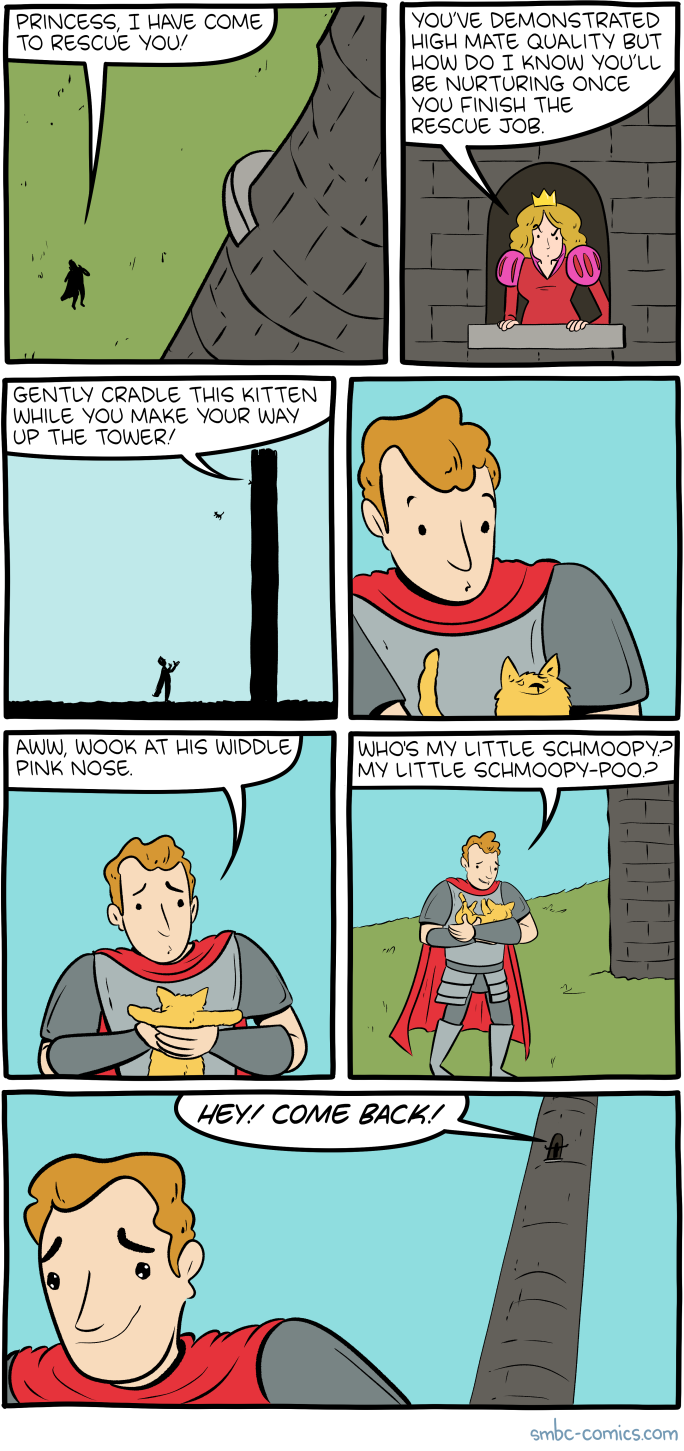Sunday, 2 January 2022 - 11:33am
As numbers on the calendar ticked over, I was mostly reading:
- Oh Great They’re Putting Guns On Robodogs Now —Caitlin Johnstone:
So hey they’ve started mounting sniper rifles on robodogs, which is great news for anyone who was hoping they’d start mounting sniper rifles on robodogs. At an exhibit booth in the Association of the United States Army’s annual meeting and exhibition, Ghost Robotics (the military-friendly competitor to the better-known Boston Dynamics) proudly showed off a weapon that is designed to attach to its quadruped bots made by a company called SWORD Defense Systems. “The SWORD Defense Systems Special Purpose Unmanned Rifle (SPUR) was specifically designed to offer precision fire from unmanned platforms such as the Ghost Robotics Vision-60 quadruped,” SWORD proclaims on its website. “Chambered in 6.5 Creedmoor allows for precision fire out to 1200m, the SPUR can similarly utilize 7.62×51 NATO cartridge for ammunition availability. Due to its highly capable sensors the SPUR can operate in a magnitude of conditions, both day and night. The SWORD Defense Systems SPUR is the future of unmanned weapon systems, and that future is now.”
- Nurdles: The Worst Toxic Waste You’ve Probably Never Heard Of — Karen McVeigh at Mother Jones:
Nurdles, the colloquial term for “pre-production plastic pellets,” are the little-known building block for all our plastic products. The tiny beads can be made of polyethylene, polypropylene, polystyrene, polyvinyl chloride and other plastics. Released into the environment from plastic plants or when shipped around the world as raw material to factories, they will sink or float, depending on the density of the pellets and if they are in freshwater or saltwater. They are often mistaken for food by seabirds, fish and other wildlife. In the environment, they fragment into nanoparticles whose hazards are more complex. They are the second-largest source of micropollutants in the ocean, by weight, after tire dust. An astounding 230,000 tons of nurdles end up in oceans every year. Like crude oil, nurdles are highly persistent pollutants, and will continue to circulate in ocean currents and wash ashore for decades. They are also “toxic sponges,” which attract chemical toxins and other pollutants on to their surfaces.
- Doonesbury — by Garry Trudeau:
- Refreshingly Honest Billionaire Says Media Purchase Will Be Used For Propaganda — Caitlin Johnstone:
The billionaire CEO of the multibillion-dollar corporation that recently purchased the news media outlet Politico has said that its newly acquired employees will be required to support Israel and the capitalist world order. In a recent interview with The Wall Street Journal, Mathias Döpfner, CEO of the German publisher Axel Springer, said that Politico staffers will be required to adhere to a set of principles which include “support for a united Europe, Israel’s right to exist and a free-market economy, among others.” […] I mean, how refreshing is that? How often does a billionaire corporation buy up a media property and just straightforwardly tell you they’re going to be using it to push propaganda? They even say what the propaganda will be. It makes you feel like your intelligence is being respected.
- David Graeber’s Final Challenge — Giulio Ongaro in Tribune reviews The Dawn of Everything by Davids Graeber and Wengrow:
More than a work on the history of inequality, The Dawn of Everything is a treatise on human freedom. In parsing the anthropological record, they identify three types of freedom—freedom to abandon one’s community (knowing one will be welcomed in faraway lands), freedom to reshuffle the political system (often seasonally), and freedom to disobey authorities without consequences—that appear to have been simply assumed among our ancestors but are now largely lost (obviously, their conclusion is a far cry from Rousseau’s: there is nothing inevitable about this loss!). This analysis flips the question one should really be asking about the historical development of hierarchy: ‘The real puzzle is not when chiefs first appeared,’ they suggest, ‘but rather when it was no longer possible to simply laugh them out of court.’
- Saturday Morning Breakfast Cereal — by Zach Weinersmith:

- Soft-wars — Blair Fix:
Political economist Chris Mouré has a new paper out in the Review of Capital as Power. It’s called ‘Soft-wars’, and it is a fascinating case study of the behavior of big tech. The story starts in 2011, when Microsoft led a $4.5 billion consortium purchase of Nortel and Novel. Later than year, Google responded by buying Motorola for $12.9 billion. The funny thing is that Google then proceeded to sell off what it had just bought. By 2014, almost nothing was left of Google-owned Motorola. Nothing except patents. And that, Mouré thinks, was the whole point. Mouré argues that this acquisition war was ultimately a battle over intellectual property. Google and Microsoft were competing to control the mobile market. And the way to do that was not to ‘produce’ anything. It was to command property rights.[…] Mouré’s analysis nicely illustrates a truism in economics: big corporations behave nothing like economics textbooks say they should. The textbooks say that profits should stem from productivity. But the reality is that what big companies care about most is restriction. The battle for profits is a battle over property rights — the legal right to restrict.
